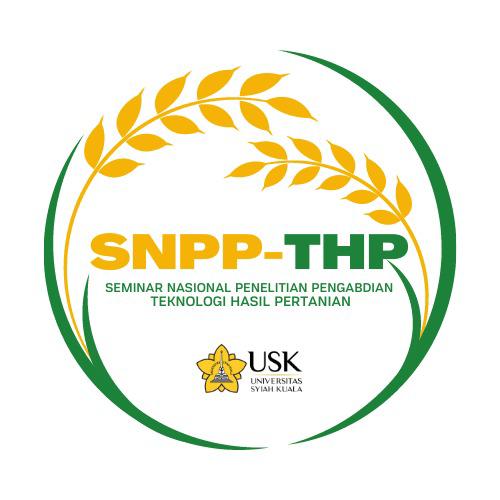Department Vision
The vision of the Agricultural Product Technology (APT) Department is to become an innovative, self-reliant, and leading department in Southeast Asia in the fields of agricultural technology education, research, and community engagement.
Department Mission
The mission of the APT Department is to:
- Provide quality education based on research to produce highly competitive and character-rich graduates in the field of agricultural technology.
- Conduct high-quality and innovative research in the field of agricultural technology to support regional, national, and international development.
- Engage in community service based on research application.
- Implement a sustainable academic quality assurance system to maintain the quality and competence of graduates.
- Foster mutually beneficial collaborations with relevant institutions, both domestic and international, to ensure the sustainability of education, research, and community engagement processes.
Department Objectives (Program Educational Objectives/PEO)
The objectives of the APT Study Program are to produce innovative, independent, and highly competitive graduates in the fields of food technology and agricultural industry who can pursue careers as managers or supervisors, entrepreneurs, educators or consultants, program officers, assistant researchers, community leaders, and knowledge absorbers and developers, with the following criteria:
PEO1 Apply food science and agricultural industrial technology to address agricultural product technology-related issues.
PEO2 Develop self-capacity through lifelong learning.
PEO3 Work with ethics and integrity to make positive contributions to society.
PEO4 Empower local agricultural resources into globally competitive food products.
Department Strategy
The APT Study Program strategy, based on the 2020-2024 SP-APT Roadmap, aims to achieve the vision and mission of the APT Department, including:
- Active engagement as a university service institution through laboratory services and competency training programs.
- Implementation of Merdeka Belajar – Kampus Merdeka (Emancipated Learning – Emancipated Campus) Curriculum.
- Engagement in educational and research programs with companies, research institutions, and universities, both domestically and internationally.
- Evaluation of programs to enhance graduate quality.
- Preparation and completion of international accreditation activities based on an output- based process.
- Implementation of activities supporting improvements in teaching and learning, further education for faculty, and enhancement of educational staff's professional competence according to their areas of interest.
- Strengthening community engagement through village and industry development programs and community service programs.


